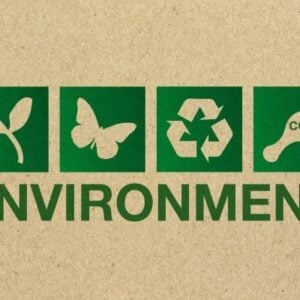Small businesses across Africa and Asia are blending age-old practices with cutting-edge digital traceability to boost trade compliance, expand market access, and strengthen local economies.
In Addis Ababa, Ethiopian and Indian researchers are testing enzyme-based tanning methods to replace harmful chemicals in leather production. Thousands of kilometres away in Pakistan and Bangladesh, each hide’s journey is digitally recorded, ensuring higher product standards while reducing waste and pollution.
These pilots are part of the Sustainable Manufacturing and Environmental Pollution (SMEP) Programme, led by UN Trade and Development (UNCTAD) and the UK’s Foreign, Commonwealth and Development Office. Funded by the UK Department for International Development, SMEP promotes locally driven innovation and affordable technologies that cut environmental impact, improve working conditions, and boost global competitiveness.
Compliance for Market Access
Bangladesh, set to graduate from the UN’s list of least developed countries in 2026, relies on leather as its second-largest export sector. Despite meeting around 10% of global demand in 2020, weak compliance has cost the country an estimated $10 billion in lost exports, says Ebenezer Laryea, lead of the Leathertrace project under SMEP.
“Our pilot shows how digital traceability and environmental monitoring can prove progress to buyers and open doors to premium markets,” Laryea explains.
Turning Waste into Opportunity
Pakistan’s textile industry produces 1.7 million tonnes of post-industrial waste each year. A SMEP-backed project now connects textile waste with recyclers through digital platforms, promoting circular production and meeting the traceability standards of high-value markets.
In Nigeria, women and youth run mobile-powered community hubs to collect, sort, and manage plastic waste. These hubs provide income, safer working conditions, and data that inform national policies while strengthening labour rights in the informal sector.
Building Inclusive, Sustainable Trade
From leather to textiles to plastics, SMEP pilots reveal how developing nations can compete not only on price but also on proof of sustainability—a key requirement in markets where billions in revenue are at stake.
By driving circular economies and biodiversity-based production, these initiatives show that trade and environmental stewardship can go hand in hand, creating a more equitable and prosperous future.
Key discussions on these themes will unfold at the 16th United Nations Conference on Trade and Development (UNCTAD16) in Geneva (20–23), under the banner “Shaping the Future: Driving Economic Transformation for Equitable, Inclusive and Sustainable Development.”







